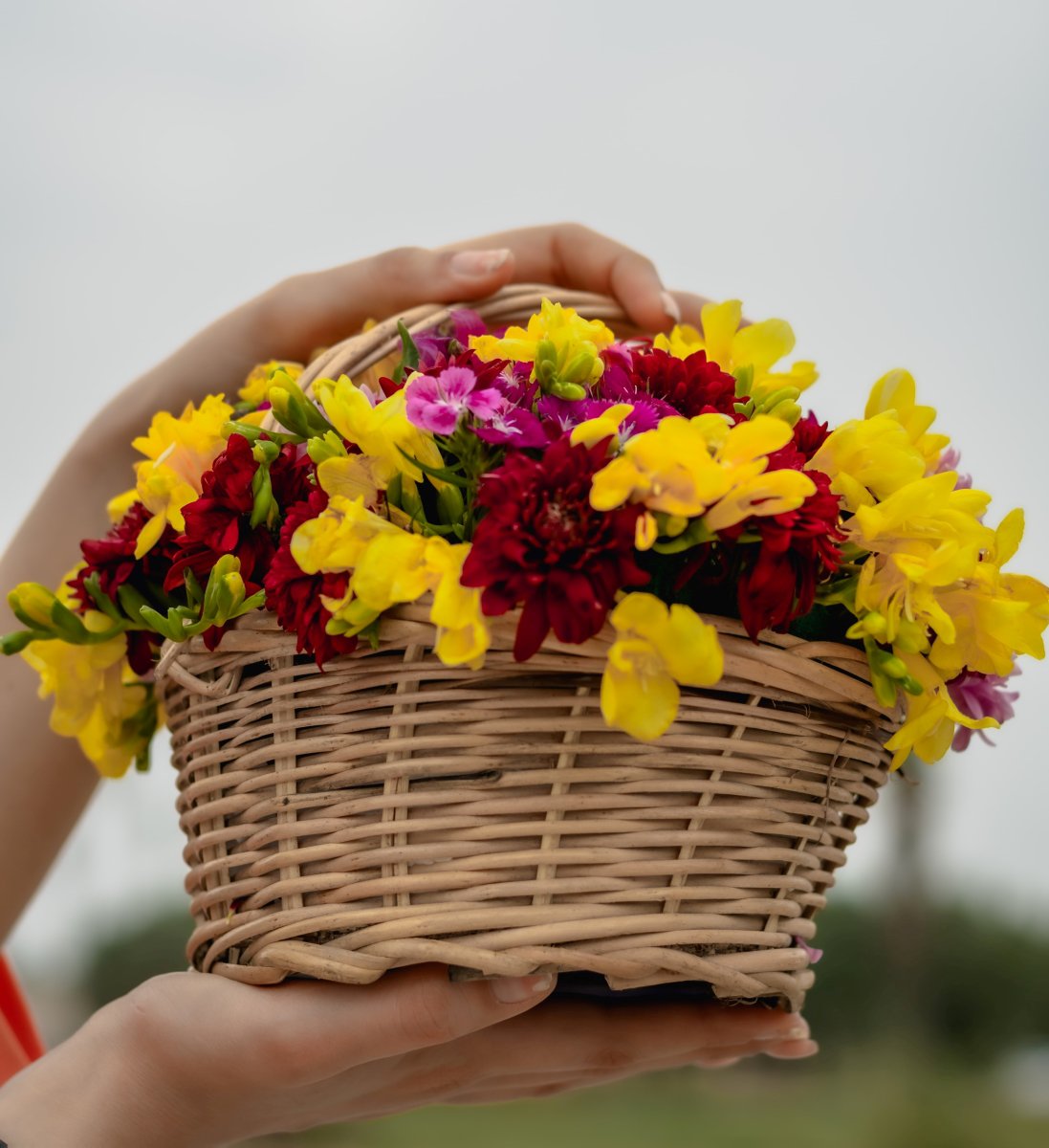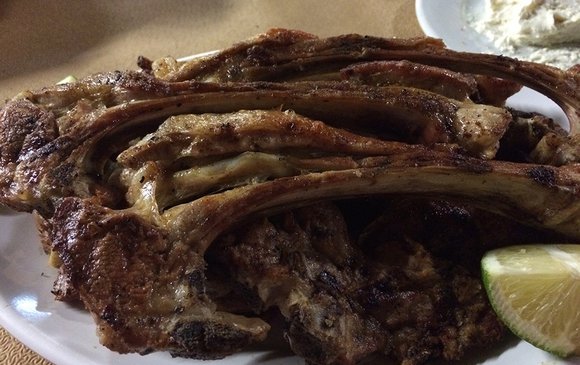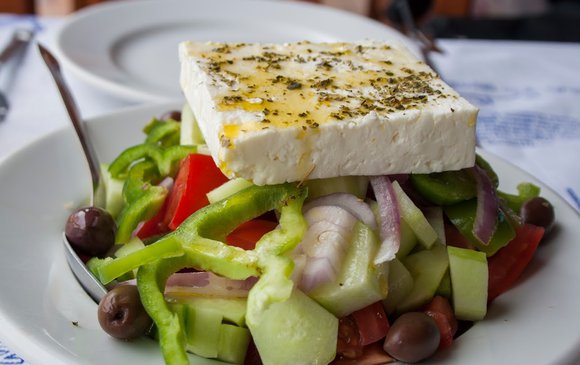Lazarus Saturday
On the Saturday before Holy Week, the Orthodox Church celebrates a miracle, the raising of Lazarus of Bethany. Lazarus, who was a friend of Jesus, was dead for four days before Jesus brought him back to life when he cried out ''Lazurus, come forth''. As a result Lazarus Saturday is a day of both death and life and it carries a very deep meaning. On Lazarus Saturday there is a morning service known as a Matins service, where we hear the troparion of Lazarus Saturday, followed by Divine Liturgy.
Special Customs
The holiday fever began on Lazarus Saturday. The children fashioned a wooden cross, wrapping the back with white cheesecloth, decorated it with gillyflowers and various coloured flowers so that it had a human shape. They carried a little basket also decorated with flowers, for treats to be put in it. In town it was usually money, in the villages they also gave eggs or olive-oil cookies.
Lazarina Carols
Lazarina carols are still sung in Lefkada today
Lazarus is coming by with the twelve Apostles
And comes back again with thirteen angels.
Wherever he goes and wherever he stands, let no stone crack
And the householder will live for many years.
May he live hundred years and more
And beyond a hundred be white-haired and old.
White as the sheep, as the wild pigeon
To walk about and be happy in summer as in winter.
Give us lady, the double-yolked egg and we'll pass on
So your dog doesn't bite us and give us pain.
Long life to you.
In Exantheia the children carry a little basket decorated with bay leaves and rosemary and go round the house chanting the Lazarus carol in impeccable fifteen-syllable verse:
Lazarus is coming by with the twelve Apostles
And comes back again with thirteen angels.
Wherever he passes and wherever he stands he founds wells
Wells, stone wells and marbled courtyards
Tiled in brass and reinforced with steel
And doors and windows tightly bolted
We have spoken of the house, let us now speak to its master:
Master mine, master of all, five times master
Five times you have been master and master yet you are
As a master you rode a starry mule
With a star at the top and a star at the rump
And behind its rump the sun goes down
And over its head up it comes and grows.
We have now spoken to the master, let us say to our Lady:
Golden lady, slender lady, lady all gilded
My lady with your tenderly brought up children,
Go ahead and bathe them, wash their hair and send them to school
For the teacher to beat them with a golden ferrule.
To the lady we have spoken well, let us now speak to the daughter:
Here they have an unmarried daughter, a daughter to get engaged.
Match-makers from Babylon have come.
They give her a king for husband, a sovereign husband they give her.
But I don't want the king, I don't want a sovereign
I want only a shepherd boy playing on the flute
With in his stables horses and grazing herds of mules.
Told by Crystallia Grapsa, Eleni Grapsa and Demosthenis Grapsas
Find more about the customs and the gastronomy of Lefkada here



